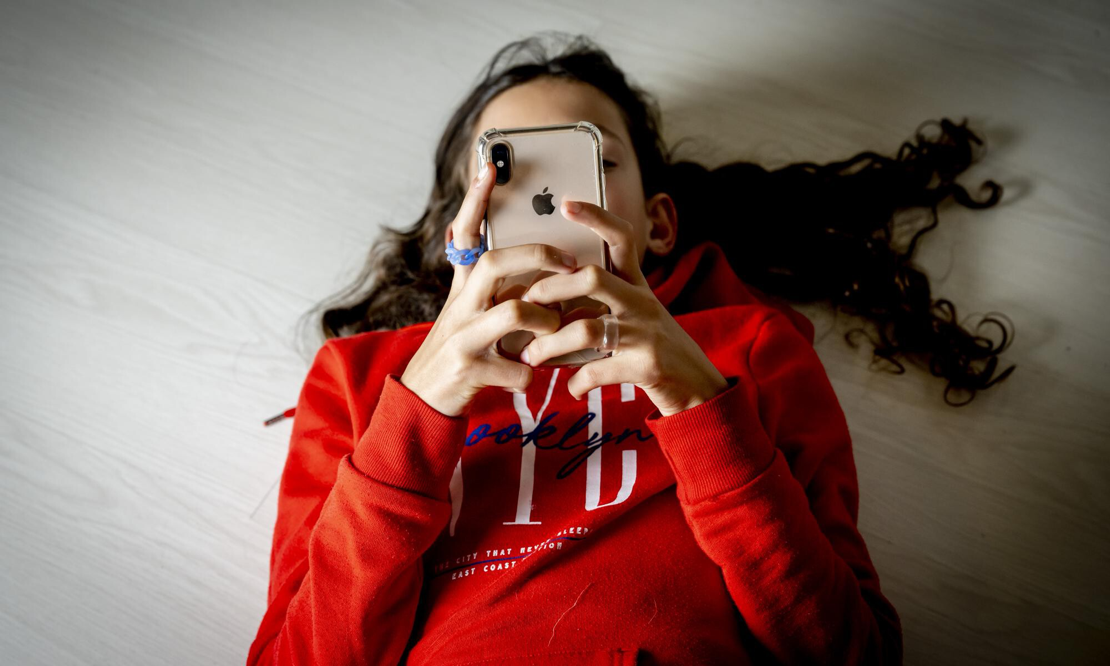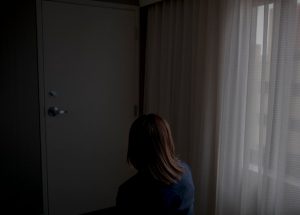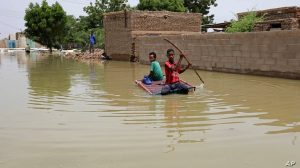From the climate crisis to economic decline, the period in which this online generation remain blissfully ignorant has shrunk
It’s never been easy, as Britney Spears sang, to be “not a girl, not yet a woman”. But a new survey carried out for Girlguiding shows that young women are less hopeful than ever of emerging on the other side, with the happiness of seven- to 21-year-olds plummeting to its lowest level since 2009.
At 32 years old, I am profoundly grateful not to be a girl today – or even much younger than I am now. When I was a teenager, through the mid-2000s, there were the time-honoured troubles of growing girls: depression, anxiety, bullying, body image issues, disordered eating, problematic interactions with the opposite sex. But – without minimising those struggles, or being blithely superior about “my day” – there were some limits in place that served as checks against external harm and the adolescent impulse towards self-destruction.
One straightforward example: my only access to the internet was on the family PC, for as long as my parents were willing to tolerate being unable to make or receive phone calls. My “social media” was confined to messaging on MSN or trading Bebo wall posts with people from school, or anonymous posting in public forums aligned around common interests: a damning part of my youth was spent on the message boards of a guitar tab website. Even my forays into more risque online spaces, such as Chatroulette or “shock sites”, seem crude and banal today.
With my life very clearly delineated between online and offline, home could still be a sanctuary from school, offering respite from the social politics and anxiety. Now every young person with a phone is able to have a secretive and unceasing online life, while the bars for self-comparison – in terms of beauty standards, or body image – have come untethered from reality.
The idols of my youth were Hollywood celebrities, so untouchable as to not quite be plausible as sharing my plane of existence. In contrast, young women today are coming of age in a media environment where even girls from a nearby school can present themselves on Instagram with a flawless celebrity sheen; where photo-editing software is free and widely used, and the scrutiny – of oneself and others – is unrelenting. With so much of their private lives put selectively on show, the evergreen sense of adolescence as a competition – to be the most popular, or prettiest, or thinnest – has been put on steroids.
What’s more, it is carried out relatively publicly, with adolescent experimentation and errors in judgment running the risk of being widely documented online. By comparison, my own exploration took place in a closed network. When, aged 15 or so, I snuck away my parents’ mobile phone to send a “sexy pic” to my then boyfriend, the picture quality was so poor it was barely discernible as a person. It wasn’t yet the norm to share pictures, let alone livestream, and private messaging, group chats, screenshots and even forwarding – the technology that makes surveillance and “receipts culture” possible – was still in its infancy.
For more Guardian journalism follow this channel
The tightrope that young women must learn to walk today, in navigating their self-identity and social worlds, may seem perilously high – while threats from the world at large are harder than ever to shut out. Where I was free to grow up only dimly aware of “global warming” as a bad thing, the Girlguiding survey highlights that the spectre of the climate emergency weighs heavily on children not even past puberty yet.
Among many of the twentysomethings I speak to, there’s a palpable and persistent anxiety that they themselves are not doing enough to address it. It’s as though they have internalised the media’s messaging – stemming from Greta Thunberg and her school strike for the climate movement – that children are not only “our future” but responsible for securing it for the rest of us. Coupled with current economic decline and political failures, the period in which children may remain blissfully ignorant of adult concerns is increasingly short.




